Day #1
Following a run-through of the day's itinerary, setting out our hopes for this newly formed class, we floated some provocations about the nature of classrooms (and teachers' influence in shaping their ethos).
- Interview the Image - an opportunity to promote oracy and literacy skills by devising interview questions for the subject of a historical image (and then, with a partner, using role-play to respond on behalf of the subject matter). This was followed by the creating of a 'conversation between two images' - an opportunity to imagine a discussion that might take place across times, cultures and identities.
- Image 8 Series - a curatorial exercise where an image is provided and a title is to be collaboratively devised. Following this a set of 7 other images are revealed and the titling re-considered, with new titles and captions then developed.
- Appropriating Portraits - practical experiments - cutting, puncturing, layering, collaging, combining etc. - exploring how the appearances and potential meanings of an image might be playfully manipulated.
Day #2
After welcoming new attendees to Day #2, we began with two particular Threshold Concepts, #5 and #7. Brief mention was made of the knowledge that is bound up in the arts, photography being no exception. We talked about photo literacy, wondering about the importance of photography's reliance on the whole body (rather than just the eyes or brain) and the need to deliberately undermine students' tacit understanding of photographs as 'natural' or copies of reality. Photographs rely on context for their meaning and all photographs, we contend, are abstractions, more or less.
- Select one or two prints from the pile available. Re-photograph these images at least three times in various locations. Consider various way of abstracting the image including the way that light falls on its surface.
- Select one of the Tate postcards with punched holes or punch a hole in a found image. Use this as an aperture through which to photograph aspects of the gallery. Experiment with focus, framing and point of view.
Dafna's work and more importantly her process was a great inspiration. Not something I had really played with to this extent.
Aliki Braine, Chris McCaw, Vicki Fornieles, Bindi Vora, Steffi Klenz, Sarah Tulloch, Alexandra Letheridge, Tom Lovelace, Alexandra Hughes, Felicity Hammond, Alix Marie, Liz Nielsen, Emma Wieslander, Catherine Yass, Stephen Gill, Nico Krijno, Antony Cairns, Julie Cockburn, Maurizio Anzeri, Bruno V. Roels, Amy Friend, Curtis Mann, John Chiara, Esther Teichmann.
Feedback & reflections
Colleagues recognised that they had been encouraged to leave their comfort zones and experiment with new ideas, processes and ways of working. They commented on the use of space and the 'classroom' set up, welcoming the opportunity to see things from a student's perspective and considering ways in which their own classrooms could be different - "It doesn't have to be as it's always been."
I think it would be great to share how we develop some of the workshops with our own students.
We'd really appreciate any thoughts you may have about the two days so please feel free to comment below and don't forget to get in touch if you want to share something with others on the website.
Thank you.
Jon & Chris
PS
All of the photographs taken by us or our students over the two days can be viewed on Flickr.
You might also be interested in viewing the collection of images on Instagram using the #classphoto2018 tag.
The #classphoto2018 tag can also be used to read a series of tweets related to the event.

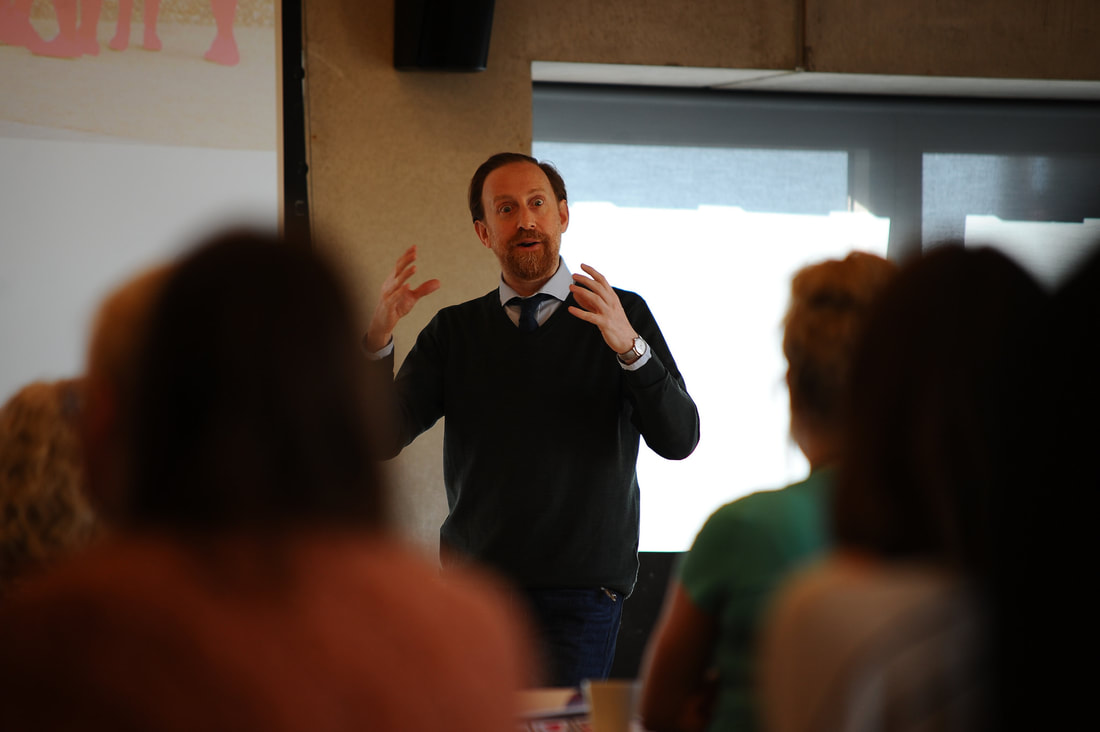
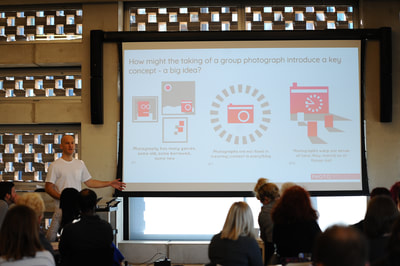
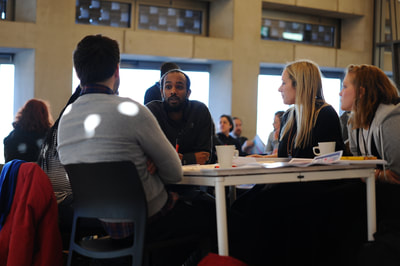
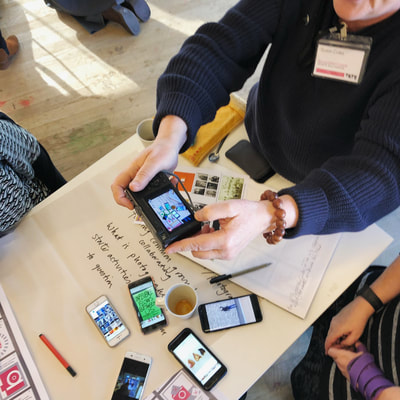
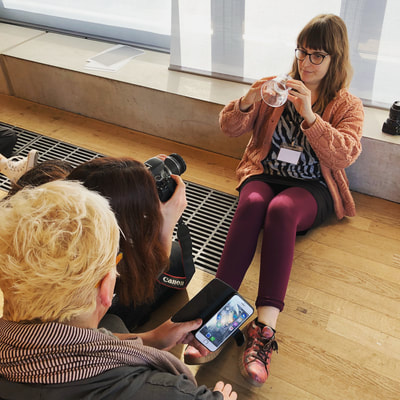
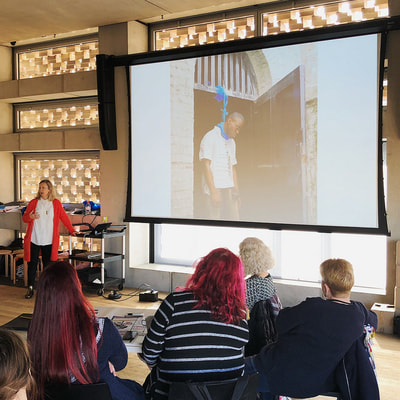
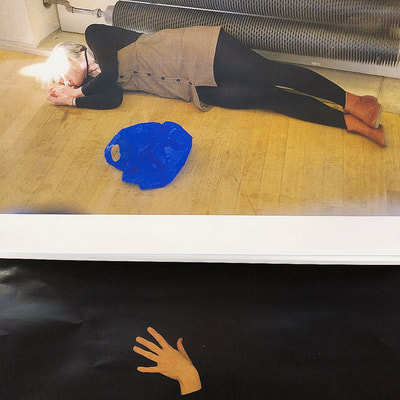
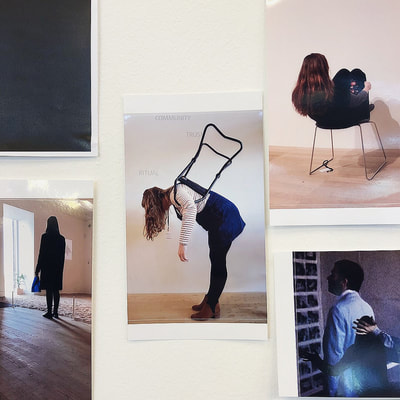
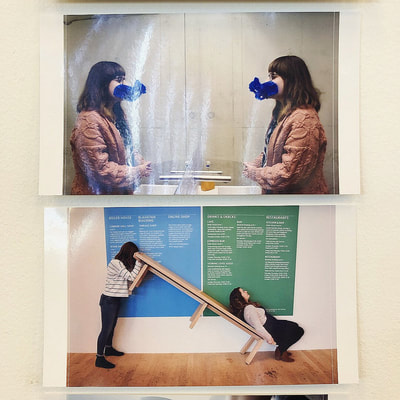
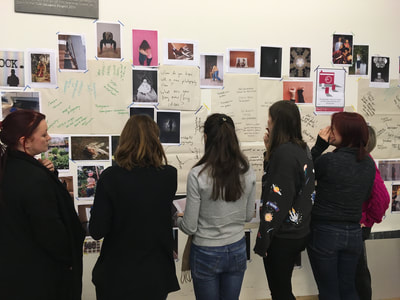
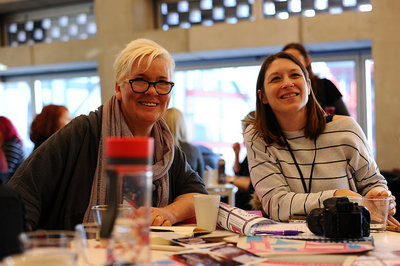
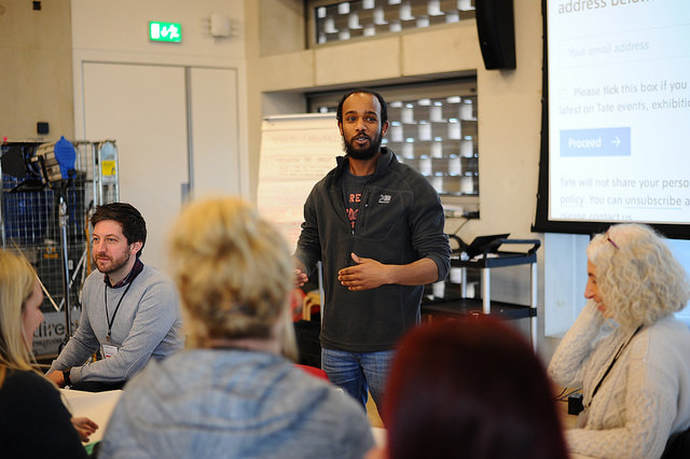

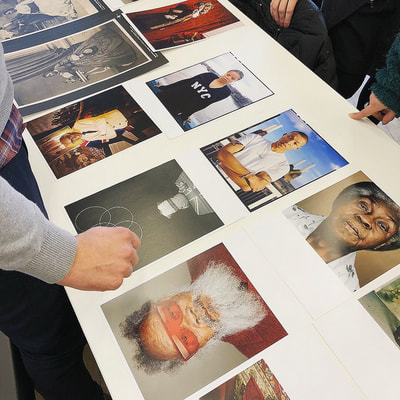
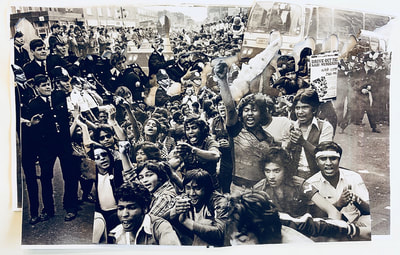
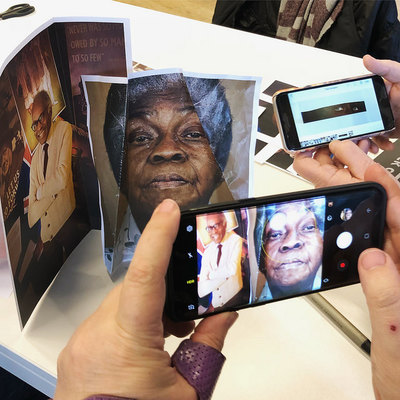
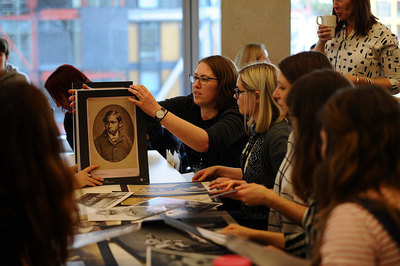
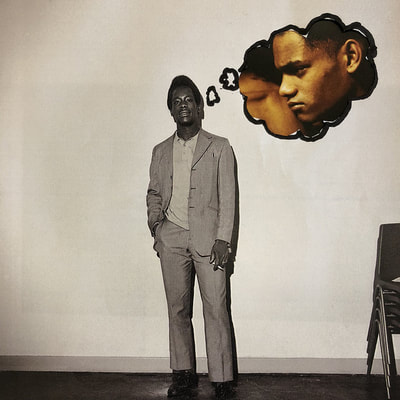
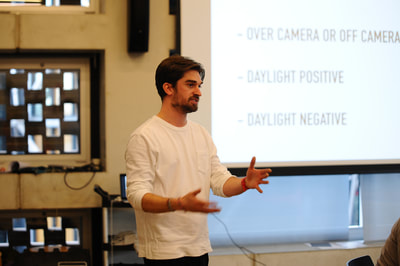
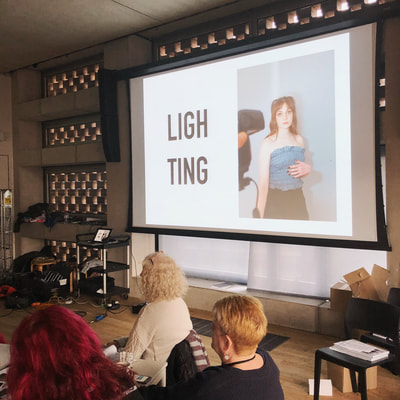
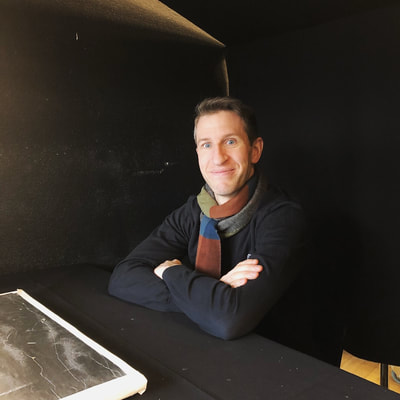
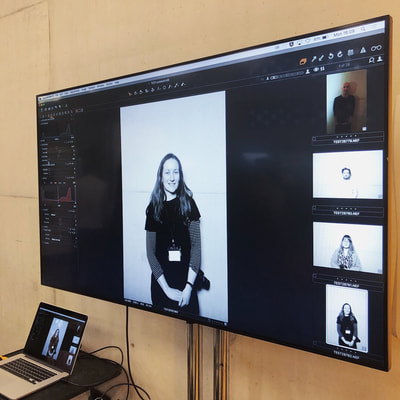
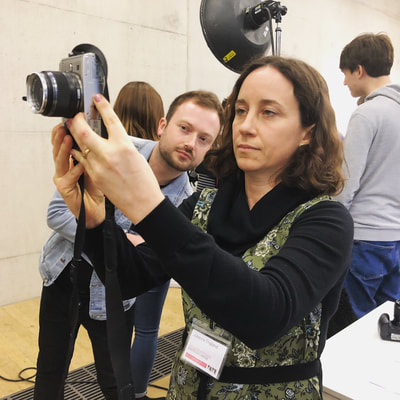
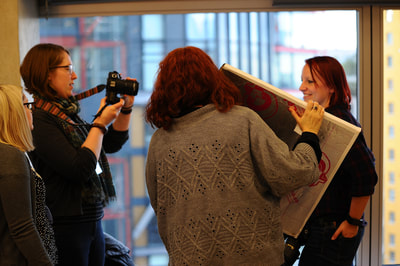
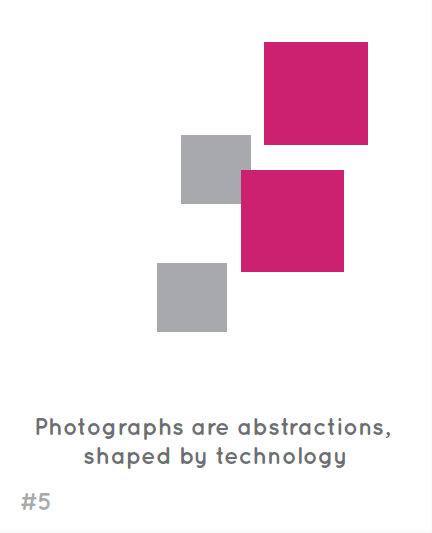
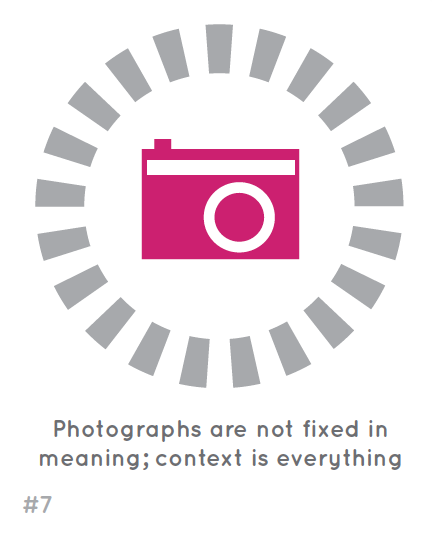
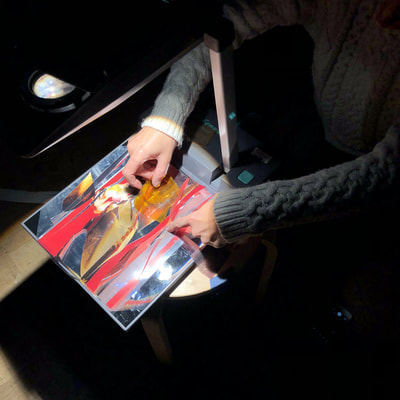
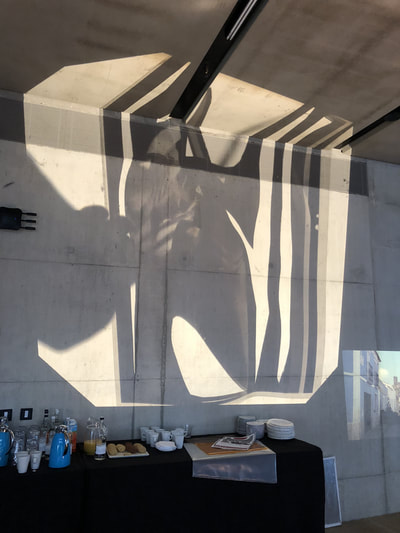
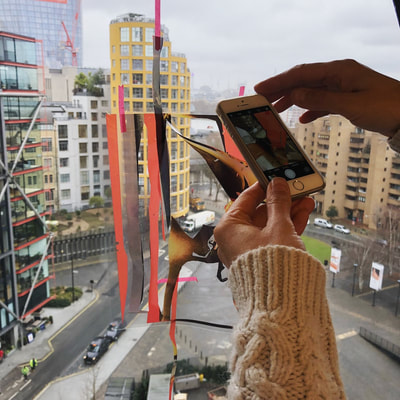
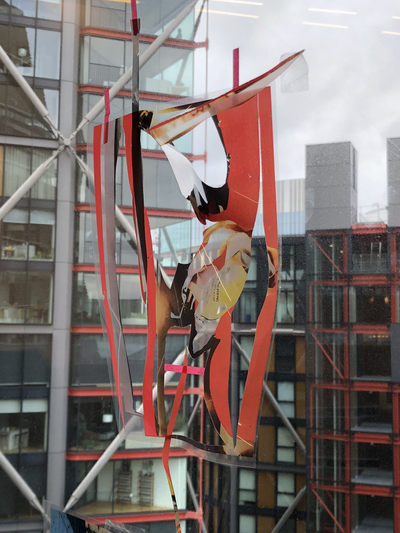
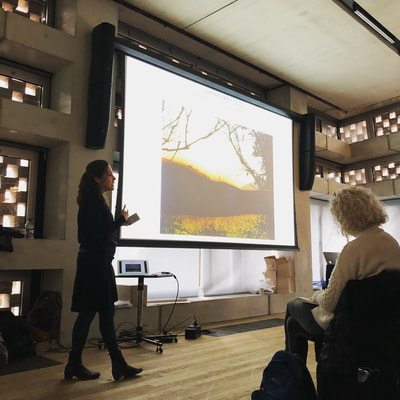
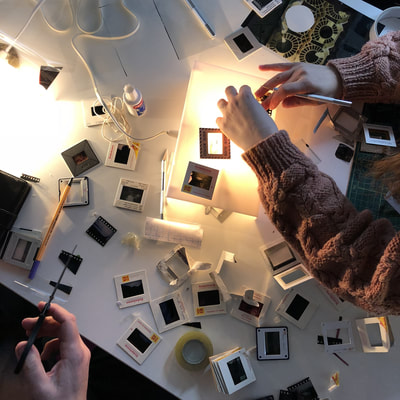
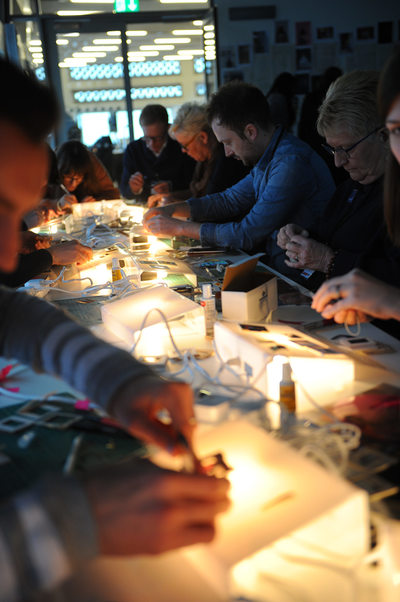
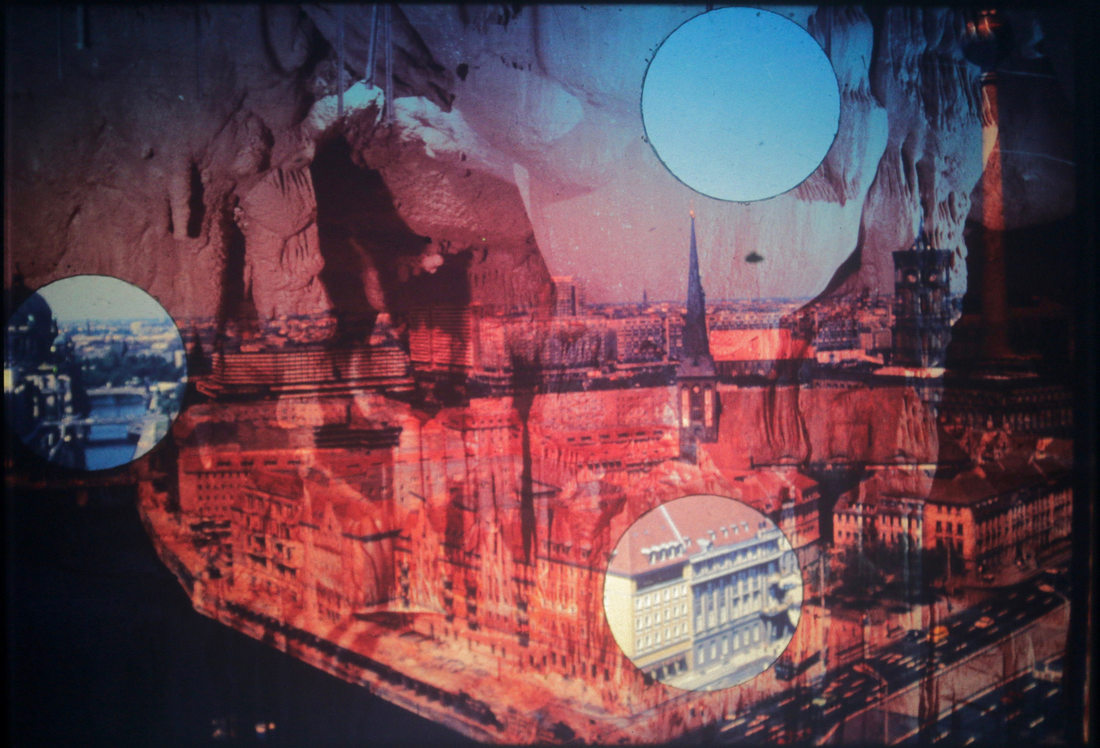
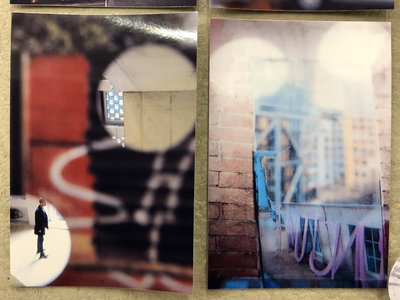
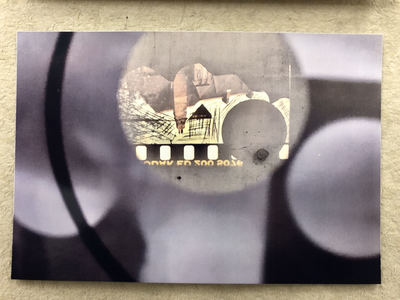
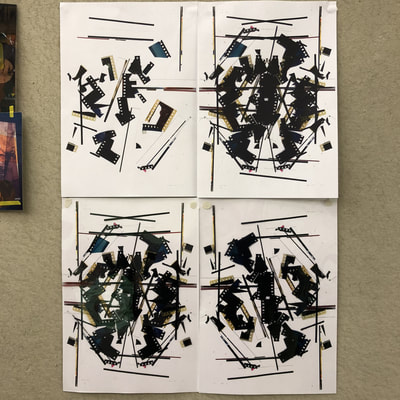
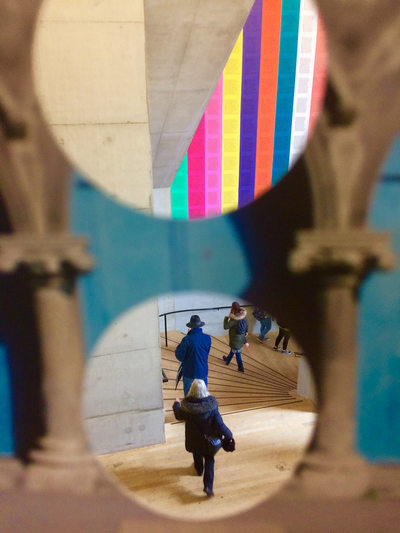
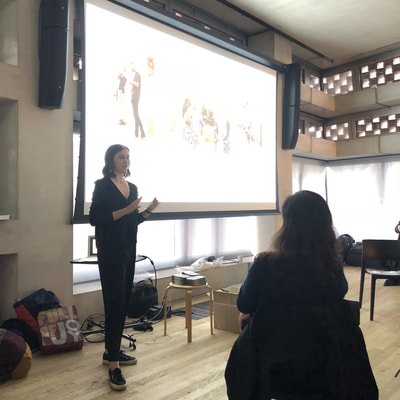
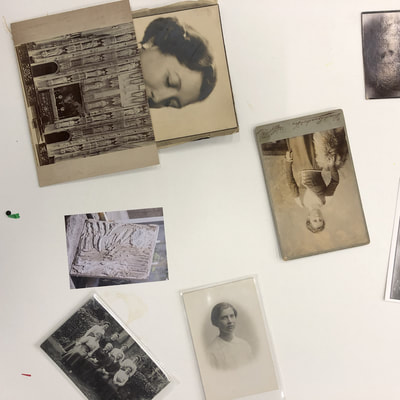
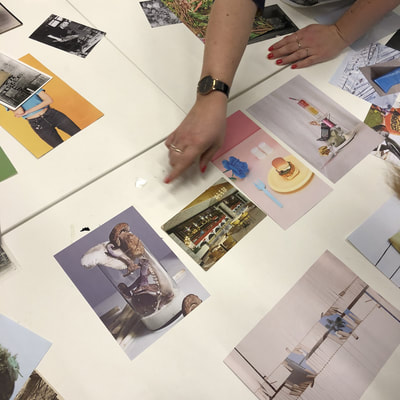
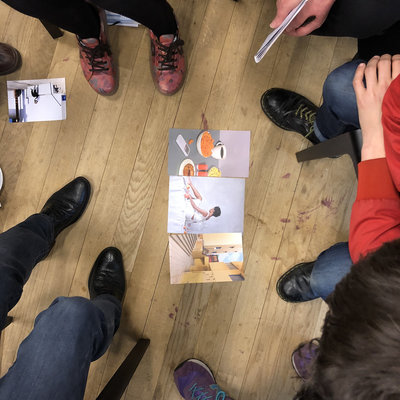
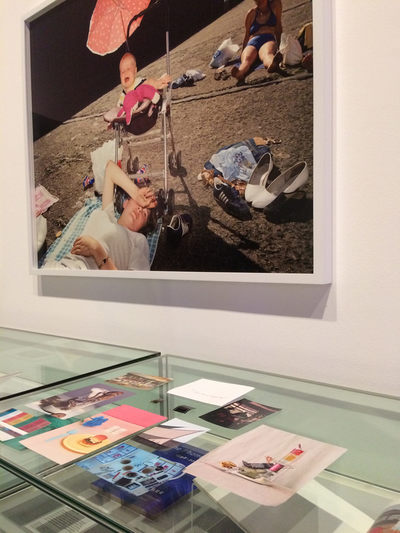
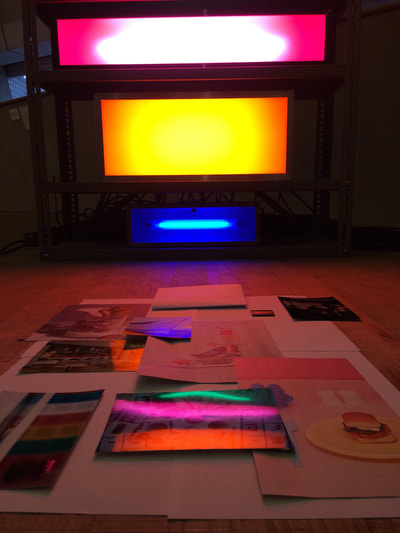
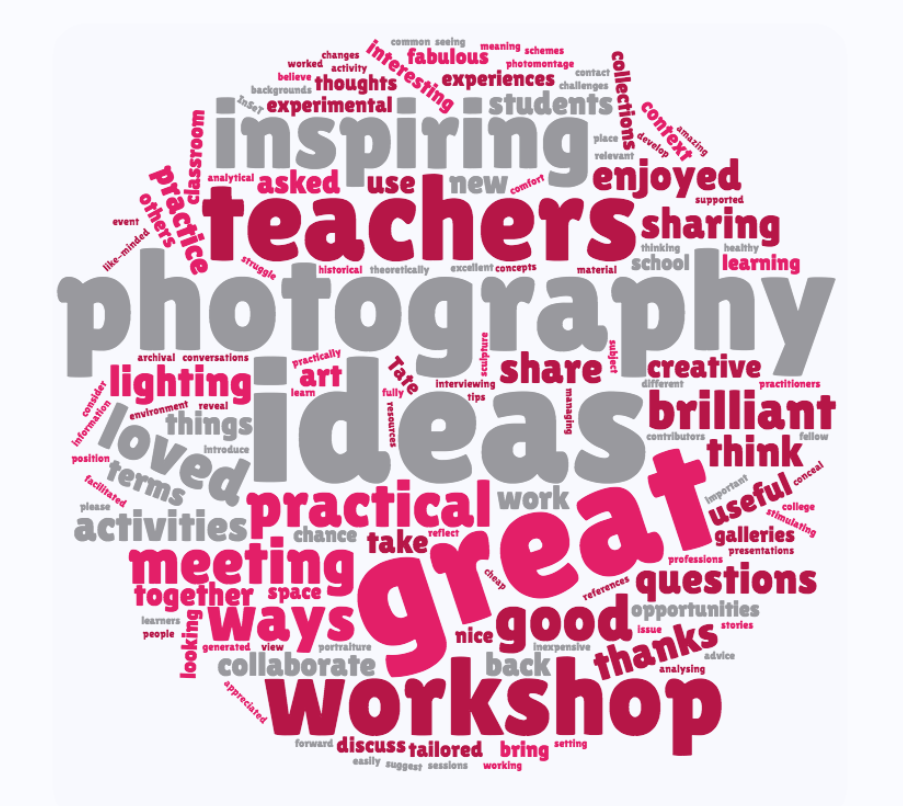
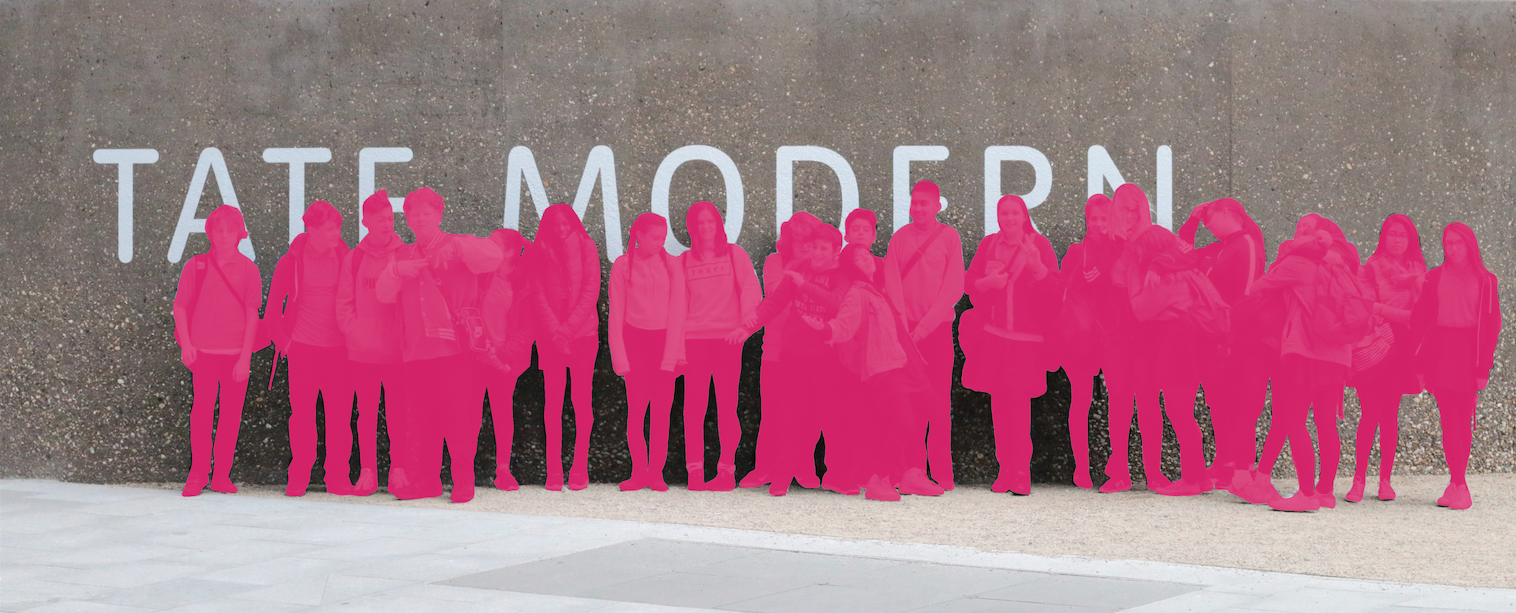
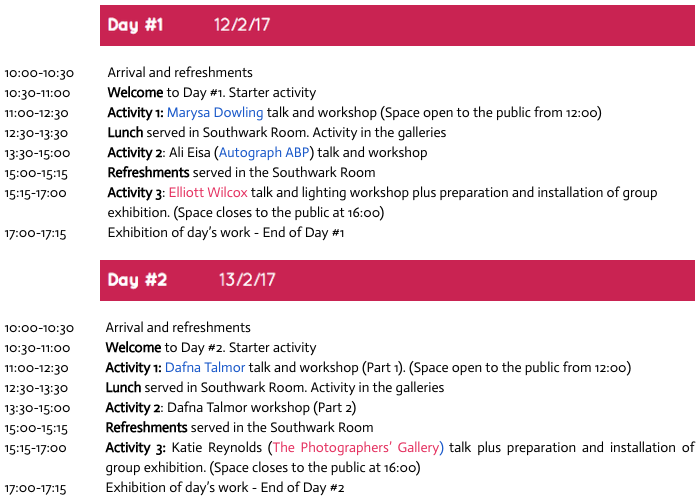
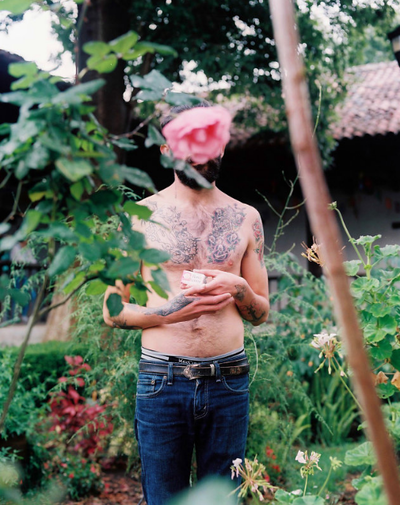
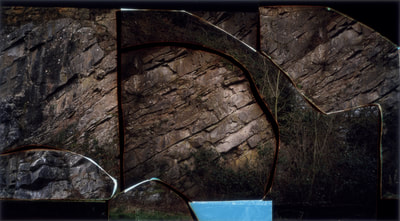
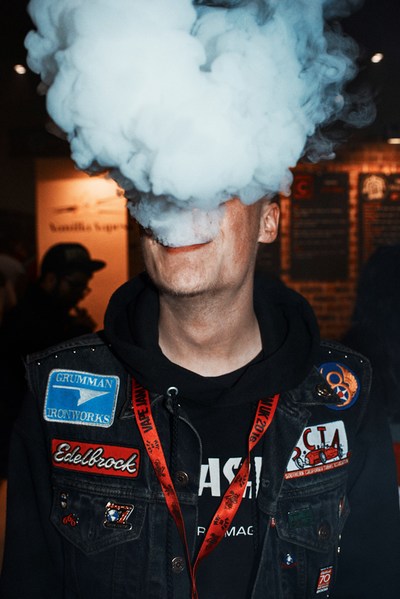
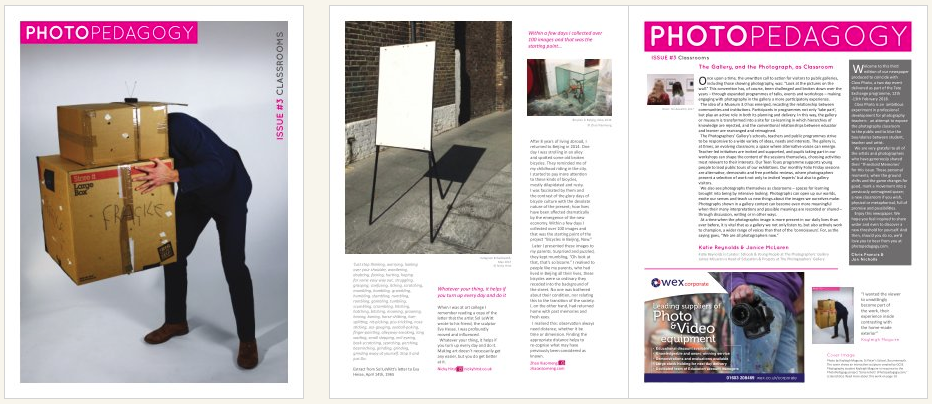
 RSS Feed
RSS Feed